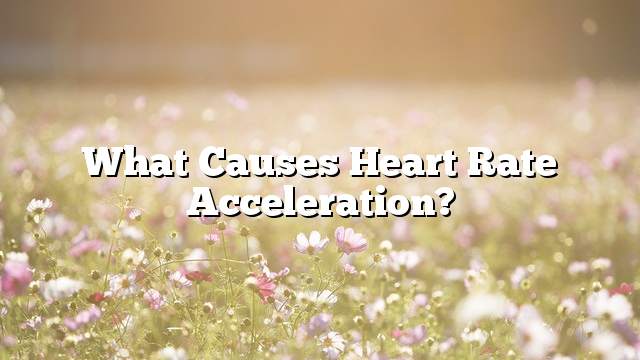The human body is the gift that God gave to man and breathed into him from his soul. He created his body in an exquisite system that no human mind can imagine. He made many devices that work day and night on a regular, harmonious and non-stop basis for the survival of this body. In the human body is the circulatory system, which is the heart.
the heart
It is a hollow muscle that does not exceed the size of the palm, located in the middle of the rib cage with a little left to the left, and behind the bone cut, and the task of this muscle pumping blood through constriction and spread to all parts of the body through blood vessels, heartbeat is very important To keep the tissues and cells inside the human body alive, every pulse of the heart pumps the oxygen-laden blood necessary for the process, breathing and nutrients to supply the cells. After that, the blood carries carbon dioxide and waste to the heart to discharge and dispose of them. It does not pulse randomly; on the contrary, its pulse is in a very precise and harmonious system.
The timing of the heartbeat is organized and constant, and it is impossible to change unless there are certain imbalances that affect this harmonious system. Heartbeat may become slower or faster than normal, but what is important in this article is the acceleration of the heartbeat.
Symptoms of accelerated heartbeat
The person who has an accelerated heartbeat suffers from the following symptoms:
- Feeling chest pains.
- Heart palpitations.
- Feeling dizzy.
- Feel the bite in the breath.
Causes of accelerated heartbeat
The reason for heartbeat acceleration is due to:
- Exposure to stress, which in turn stimulates the brain to stimulate the secretion of adrenaline more than the adrenal gland, in response to these pressures, leading to higher blood pressure, and thus the acceleration of the heartbeat.
- The lack of iron in the blood, which leads to a weakness of blood, and thus reduce the amount of oxygen hypothetical to the rest of the cells, so the heart doubles its work to compensate for the shortage of oxygen, which leads to the acceleration of the pulse.
- A decrease in blood pressure, which weakens blood circulation, and this leads to a decrease in the amount of oxygen-laden blood reaching the rest of the cells, which alerts the heart to multiply the effort, and thus the acceleration of the pulse.
- There are problems in the heart itself, notably heart enlargement, which is both cause and effect; this inflation is the result of the factors mentioned in the past, and heart inflation accelerates the pulse.
- Excessive physical exertion increases the body’s need for oxygen, and thus the heart will accelerate to compensate for the lack of oxygen in the body.
- Chronic cough and allergies.
- The presence of problems in blood vessels, high blood pressure.
- Sometimes the heartbeat may be accelerated naturally as a result of exposure to some emotional and affective attitudes.
